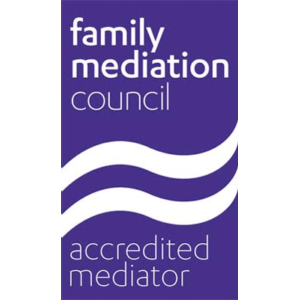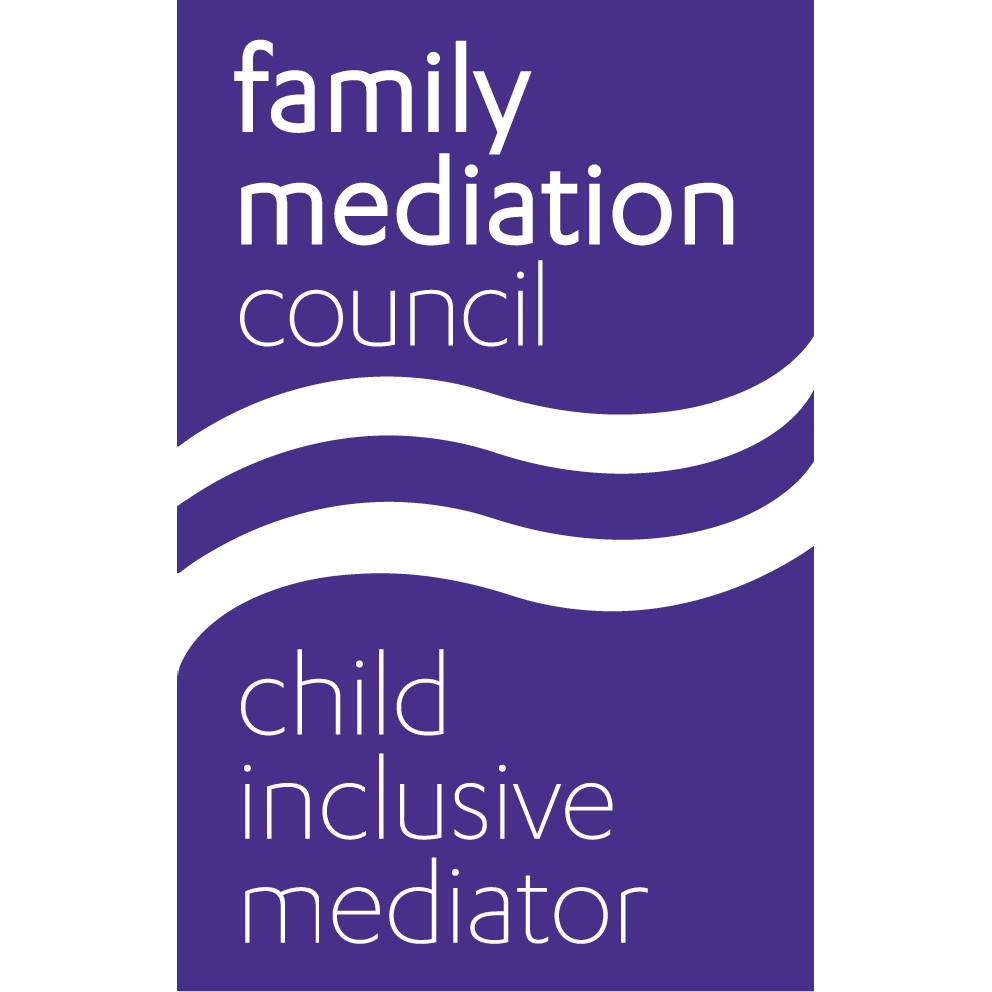Welcome to
Family
Mediation
Service
Mediation is Voluntary, Confidential and Impartial. You make the Decisions, Children come first.

Why Choose Mediation?
Mediation is a voluntary, impartial and confidential process that allows you to make the decisions. If you have children, put them first.
It also can save lawyers fees and court costs. Courts now require that, before you issue proceedings relating to children or finance, you attend an assessment meeting to see if mediation may help.
Our mediation process is confidential and impartial for both parties and you find your solution. Mediation is cost effective, acknowledges emotions, brings awareness, empowers and focuses on the future not the past.

What is the Process?
Many people are referred to a mediator by their solicitor. You can, however, contact us direct by telephone or by using the form on the Contact Us page.
There is a first meeting to assess if mediation may be right for you both. This initial meeting is normally held separately.
A Mediation Assessment Meeting will take place to explain to both parties how the mediation process will work and if this is right for you. It is also to establish if both parties are willing to mediate.
After the initial meeting, your mediator will ask you to sign an agreement to mediate. If you both wish to go ahead the mediator will then arrange the first mediation meeting.
Each mediation session lasts between 60 – 90 minutes. The number of sessions does of course vary from case to case, but the average can be around 3 or 4 sessions.
The mediator will be totally independent and impartial and will help you have an open and honest discussion with a view to coming up with proposals that are realistic.
If you are dealing with financial and property matters, you will need to produce information and documents about your financial circumstances. The aim is to come up with a set of proposals that are acceptable to you both. The mediator will summarise your proposals for you so that, having taken legal advice, you can then have the proposals made into a legally binding agreement or court order.

Who Can it Help?
- Separating or divorcing couples
- Couples already separated but in need of help with arrangements for their children or finances
- Other family members wanting to agree arrangements for looking after and seeing children
About Us
Family Mediation Service is run by Elizabeth McTear. Elizabeth was called to the Bar (non-practising Barrister) in 2008. Elizabeth has extensive expertise regarding financial matters, having set up Debt Expert, working with people with debts and providing legal solutions, including debt relief orders, IVAs and bankruptcy, and also designed budgeting courses and budgeting mobile apps.
Elizabeth is a member of Family Mediation Association, Family Mediation Council and Resolution.
Elizabeth is able to facilitate the new Mediation Information and Assessment Meetings which were introduced on 6th April 2011.
MIAM Assessment Meeting
£130
per person
Mediation Session
£150
per person, per hour
Documentation
£300
per person
Preparation of final agreement for finances & Property (OFS or MOU)
One Off Fee
£95
per person
For all finance & property mediation there will be an additional, one off fee of £95 per person, which covers the set up of your financial to do list and updating of financial disclosure booklet. This is payable with the first joint session fee.
There is no charge for letters, emails, telephone calls between sessions (within reason).
We are signed up to the Government Voucher Scheme, which offers £500 per family towards the costs of joint child mediation sessions: https://www.familymediationcouncil.org.uk/mediation-vouchers/
How can Mediation help me?
Mediation can provide the opportunity for each person to talk about their concerns and ideas for the future in a safe environment. It provides a space to discuss various options and how they might work moving forward.
Mediation can save money as, if successful, expensive lawyers fees will not be incurred. Mediation aims to strengthen communication and help you make your own informed decisions to gain the best solution for you that you feel comfortable to move forward with.
What Decisions Do We Need to Make?
The children
Your children often would like a say in what happens and it is important …
to know their thoughts – this can be arranged in a child inclusive mediation session in order that your child’s voice is heard..
Deciding how both parents will continue to support their children is also key. Discussion may be around contact arrangements, child care, telling the school about the current situation, seeing grandparents and other family members, birthday and Christmas arrangements.
Property
Where will you live? Can one of you stay in the same house or will you sell …
up and both move? Who will get what from the home and where will pets live?
Finances
Expenses are most likely to increase due to your change in circumstances because …
you are splitting from a joint home. It can be discussed who pays which essential bills for the children and your housing costs.
Friends and Family
What is the best way to talk to friends and family about your separation?
How to keep a good relationship for the children with their grandparents or friends that you both share?
Communication
How to move forward? What are the boundaries and best ways to communicate?
Relationship Separation
The decision to separate is never easy. It can often feel like a bereavement …
You may feel a sense of shock or numbness and then to have to work through practical issues that come about because of this can feel too much. It is normal to feel anxious about the future and that you have to make all these decisions at once.
It is common for you both to want different things. It is important to know that mediation allows you to make the decisions and not hand your future over to a Court to decide for you.
Children
The uncertainty of life after divorce often causes children to worry …
It is important to let your children have their say about what they want to happen because children often like to share with you their thoughts on what they think should happen. Make this happen by involving your children (depending on their ages) in one of the Mediation sessions. Children can also be seen separately if it is agreed to be appropriate.
We assure them that their views will be taken into account as far as possible. We feed back to parents in a mediation session any problems the children may feel should be considered. This information can then form part of a parenting plan when parents are deciding on what will happen in the future.
Finances
Mediation can help you with all your family finances which is usually …
a cost effective way of reaching a detailed financial settlement. Once you have reached an agreement this can then be put into a consent order and you may wish to obtain legal advice and file this with the Court. This may include the following:
- The division of assets or the home;
- How debts/liabilities will be dealt with and bank accounts;
- How all other finances will be split, such as pensions, savings and investments that might not be realisable at the time;





We can offer Legal Aid for family mediation.
To find out if you qualify, use the online Legal Aid Checker at www.gov.uk/check-legal-aid or contact us to discuss.


